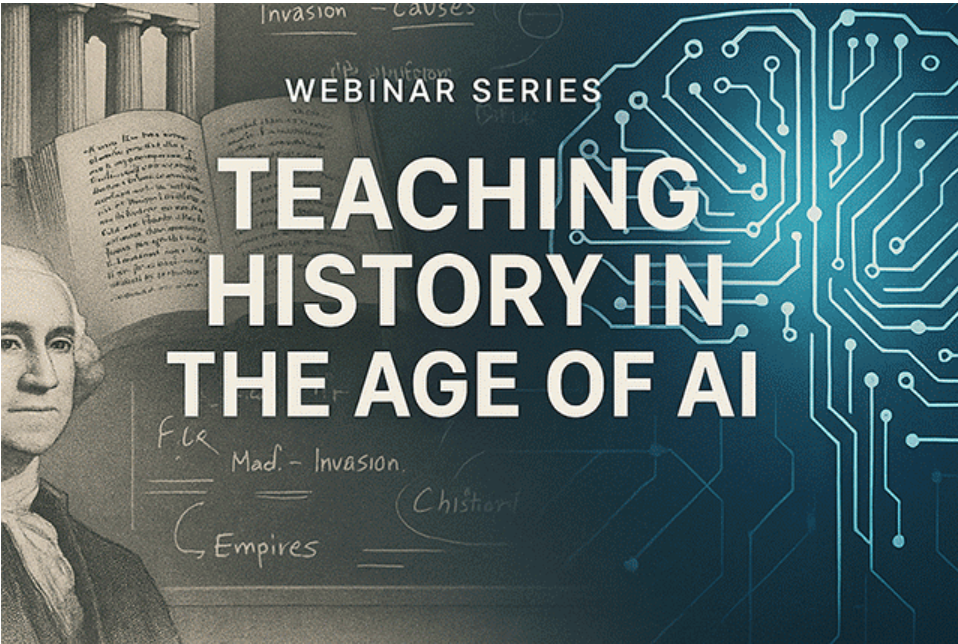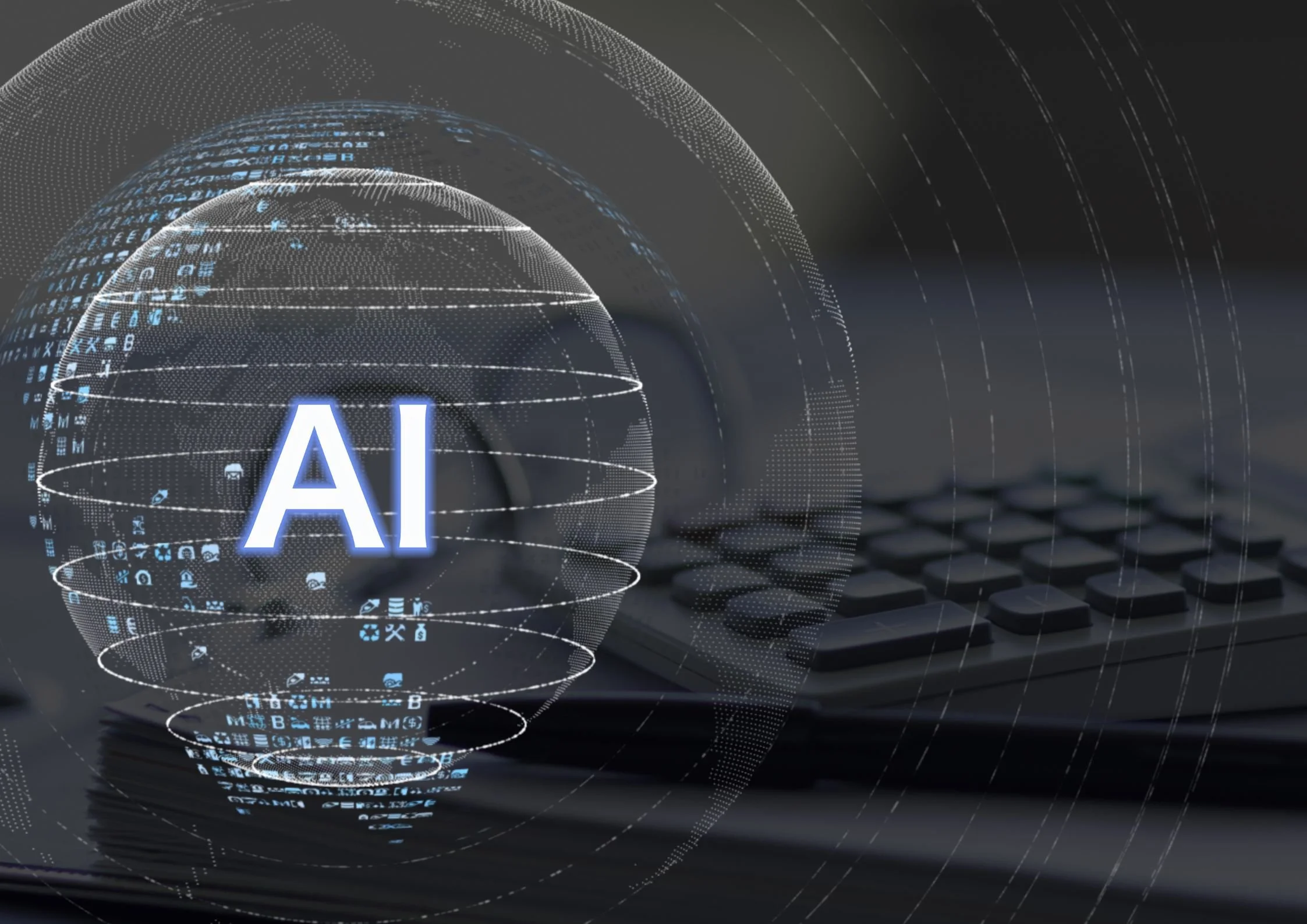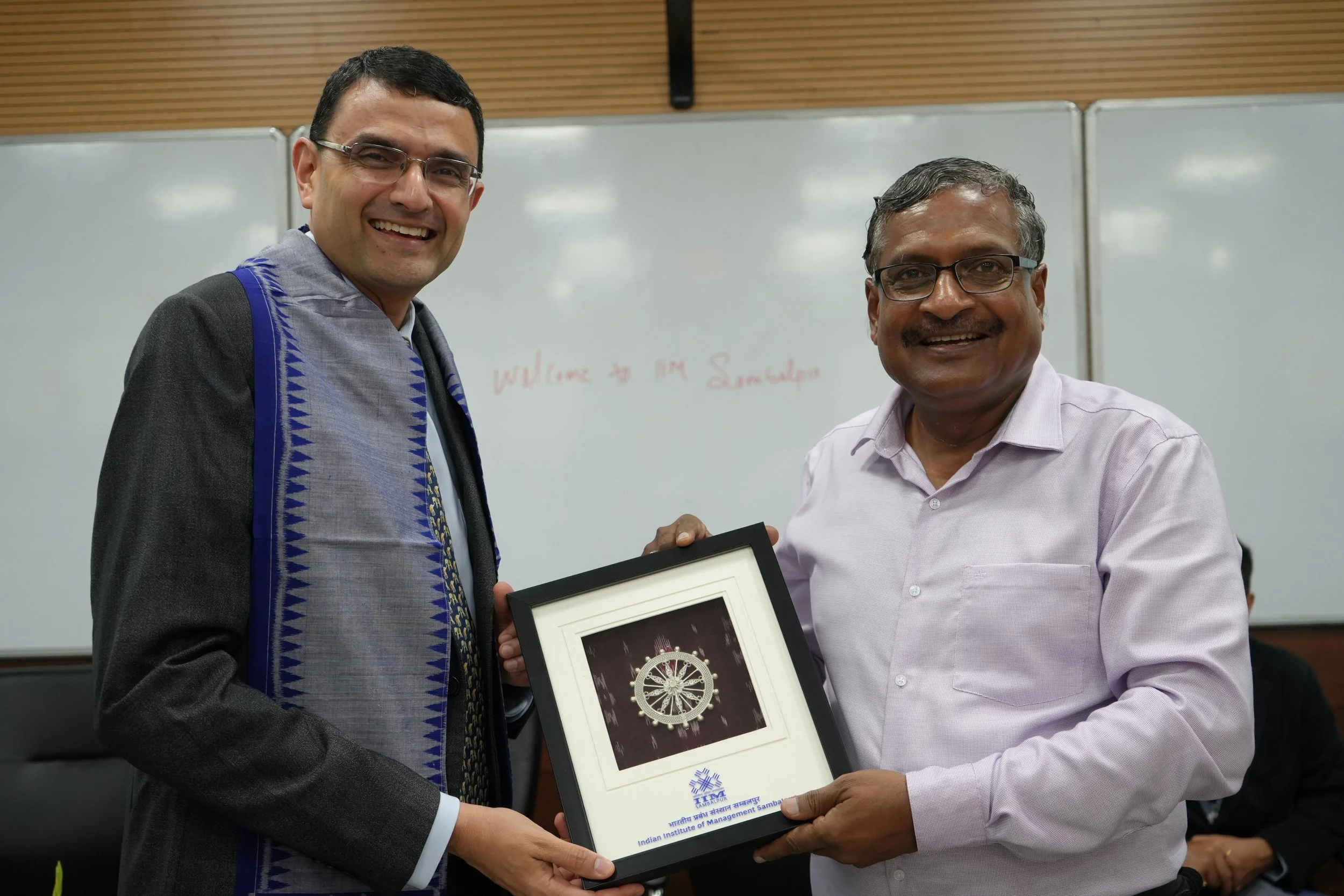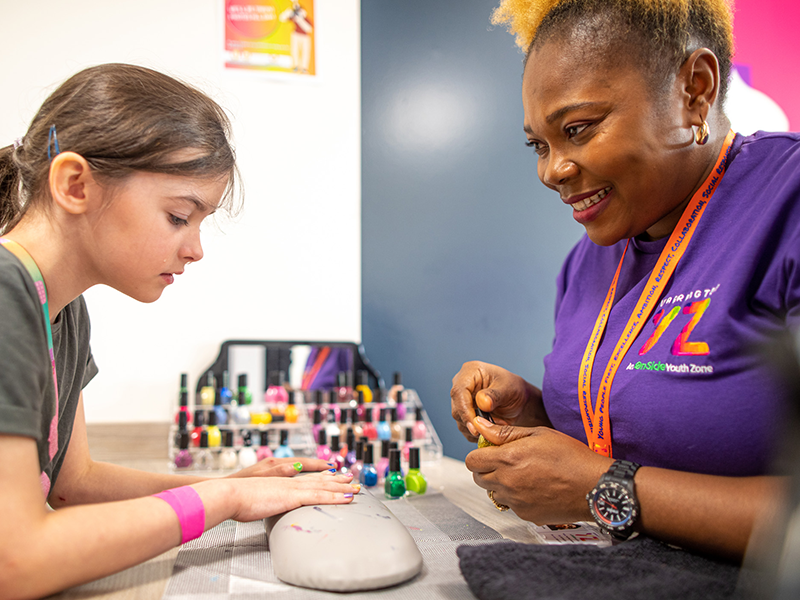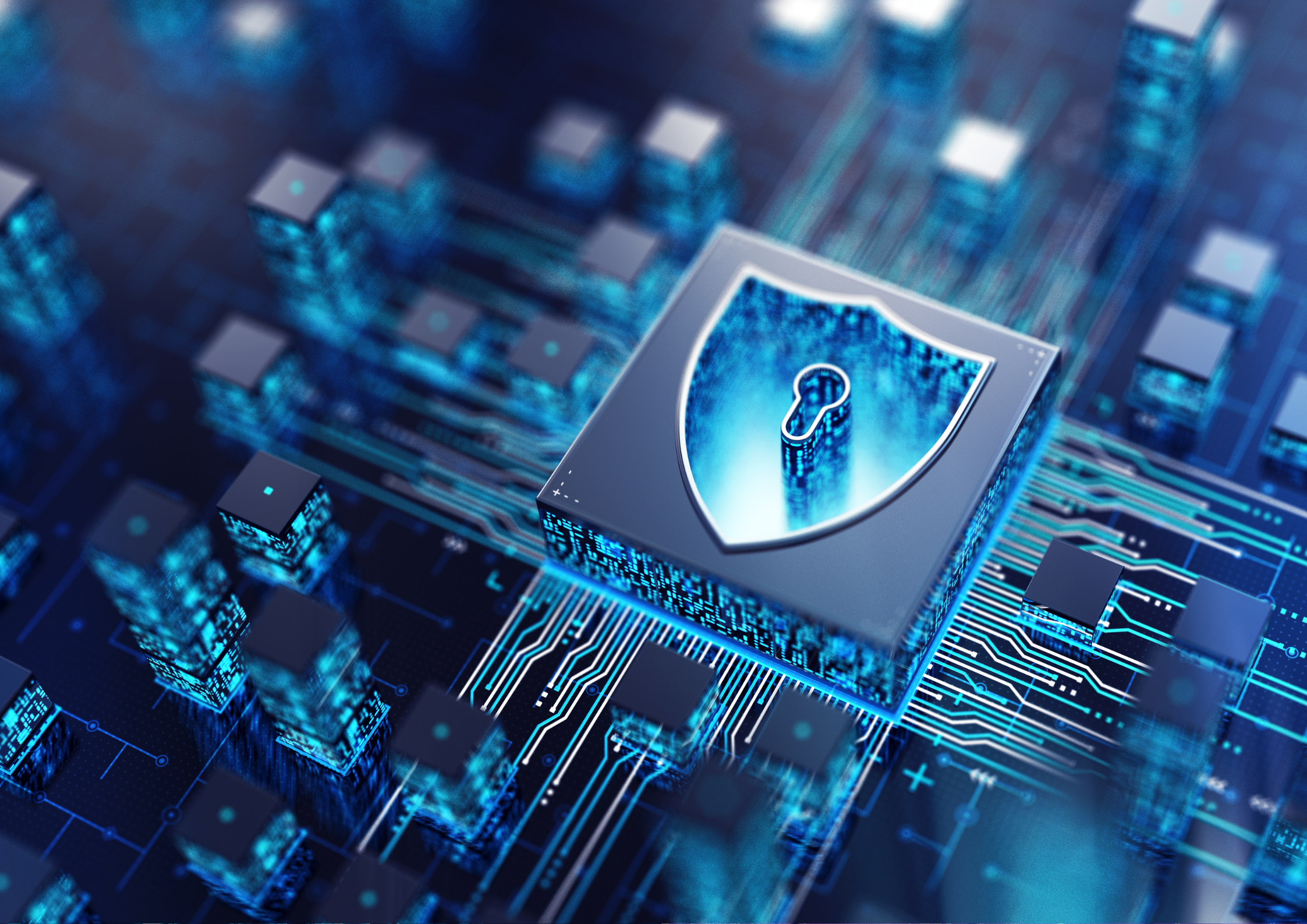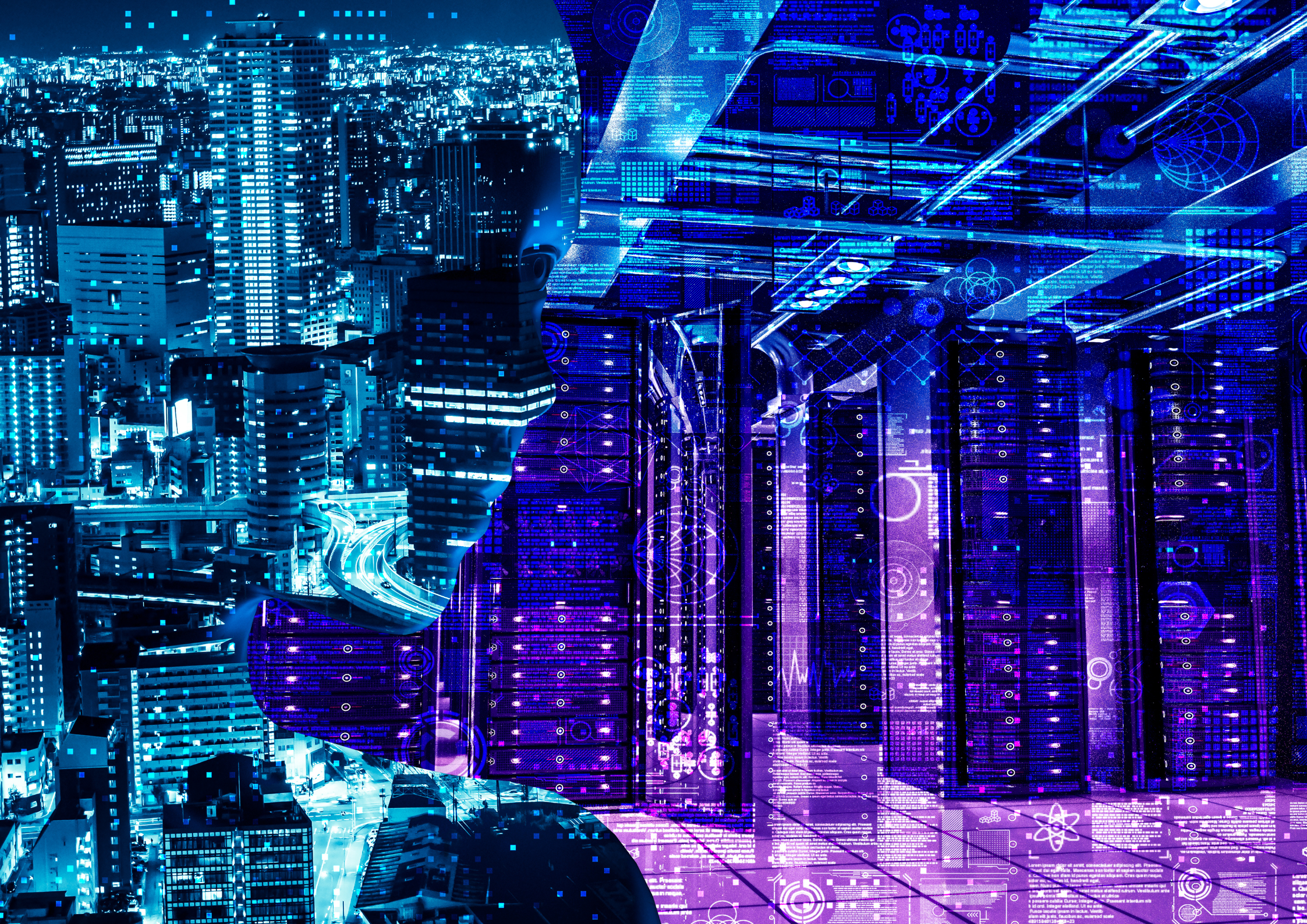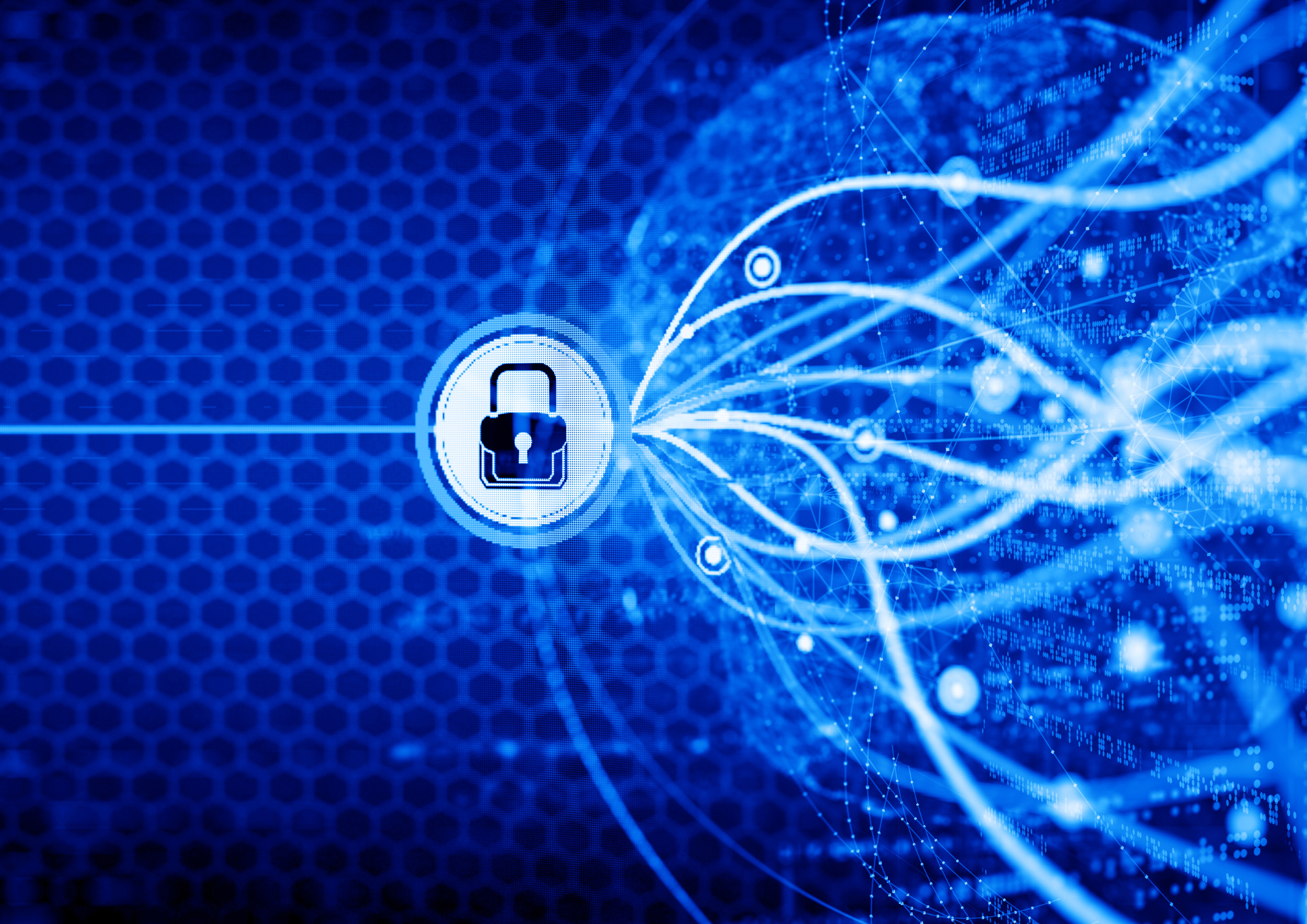CubeSatGPT transforms space education with AI-driven satellite interaction for K-12 students
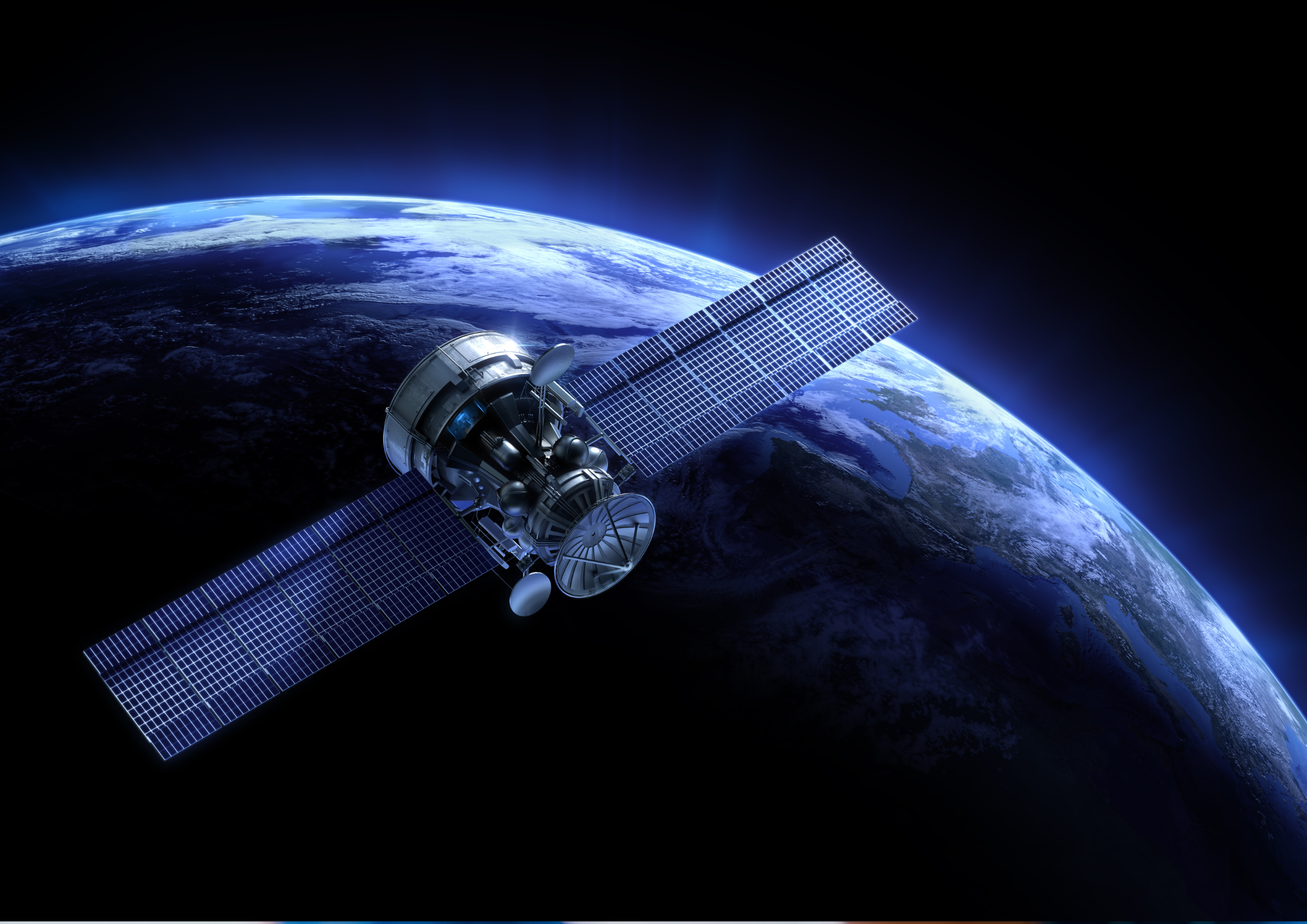
Vector Space Biosciences has launched CubeSatGPT, a platform designed to engage K-12 students, teachers, and educational institutions by allowing real-time communication with CubeSats (nanosatellites) and their payloads.
Free subscriptions to the platform will be provided to select educational users, enabling them to explore topics such as tardigrades (Waterbears) in space, the effects of microgravity, and space radiation. Each subscription includes an SBIO AI model cryptocurrency token, offering secure access to the platform.
According to Kasian Franks, founder and CEO of Vector Space Biosciences:
“Imagine enabling a student to ask a CubeSat carrying Waterbears questions using a prompt like ‘How are the Waterbears doing today?’ or ‘Describe how cold it is in space for the Waterbears‘ to more advanced prompts involving details related to measurements in microgravity and radiation associated with payloads.
“This innovative CubeSatGPT module will be optional for all CubeSat launches including those for biotechnology, pharmaceutical, materials science and AI semiconductor payloads.”
Integration of AI and research applications
CubeSatGPT leverages advanced AI modeling, generative AI layers, and visualization tools to process data collected from CubeSats. The upcoming mission includes over 50 Waterbears, with data being transmitted back to Earth using Microsoft Orbital ground stations. The insights gained will support research in fields such as medicine, materials science, and molecular biology.
The platform also extends beyond education to cater to industries, enabling biotechnology, pharmaceutical, and materials science sectors to use CubeSats for payload development. SBIO tokens provide access to specialized services, including payload design, launch support, and data analysis. These tokens can also be traded on cryptocurrency exchanges.
Vector Space Biosciences emphasizes the potential of CubeSat missions to address challenges in spaceflight, such as microgravity and radiation. Insights from these missions will contribute to advancements in precision medicine and the radiation-hardening of AI semiconductors for space-based data centers.


